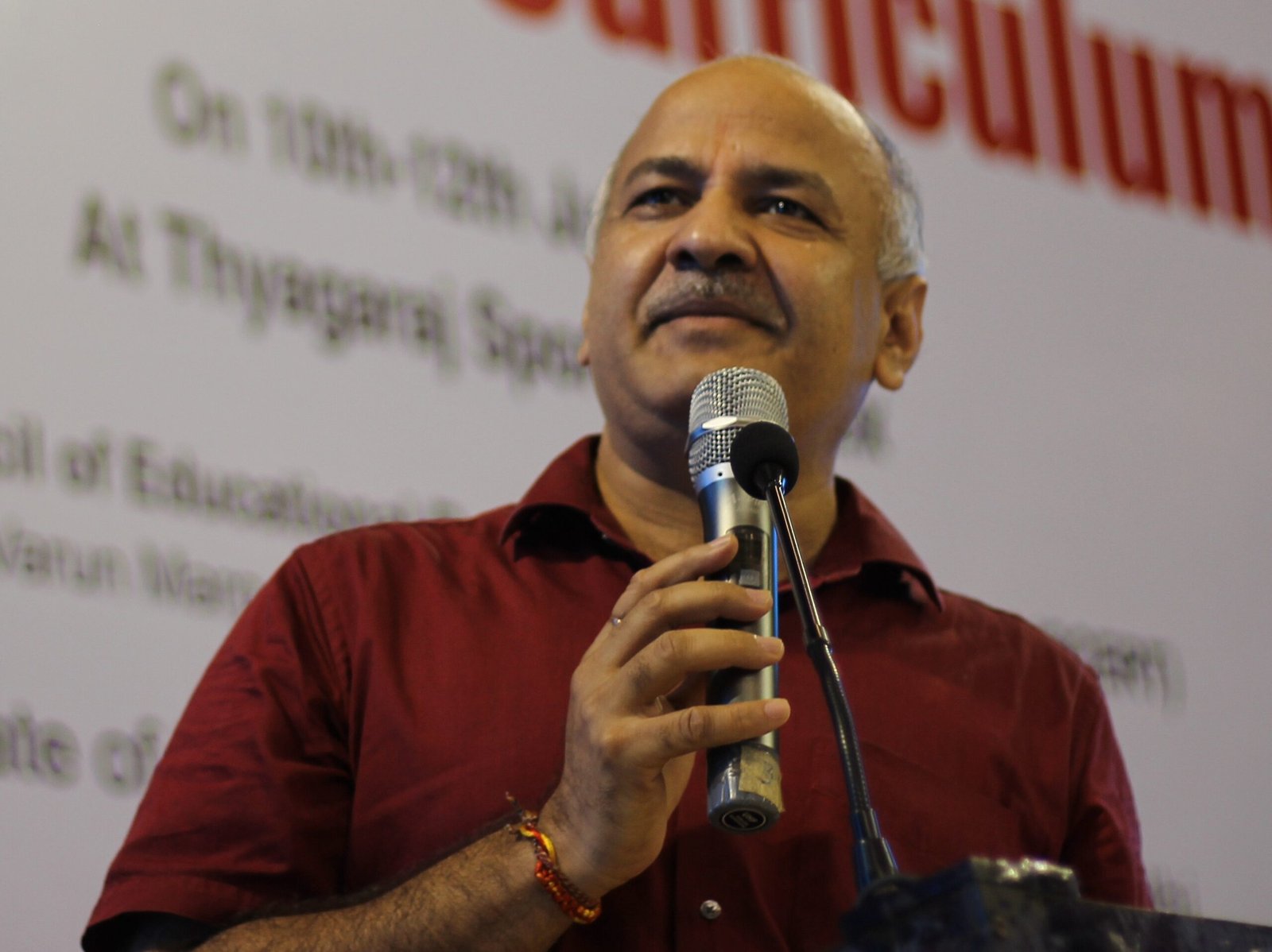Consequently, the Central Bureau of Investigation’s (CBI) request for an inquiry into the controversy was turned down. On Wednesday, the Supreme Court declined to issue any directives or interfere with the jurisdiction of the Securities and Exchange Board of India (SEBI) in response to a series of petitions seeking an alternative agency to investigate allegations of fraud against the Adani Group in the Hindenburg Research report.
Justices JB Pardiwala and Manoj Misra, along with Chief Justice of India (CJI) DY Chandrachud, expressed their opinion that the Supreme Court’s authority to interfere in SEBI’s regulatory domain through delegated legislation is limited, and that judicial review is confined to determining whether fundamental rights have been violated.
The Court stated, “No valid grounds have been invoked (in this case) for us to direct SEBI to revoke its regulations, and the current regulations have been strengthened by the amendments in question.”
The Court ruled that SEBI had not failed in its regulatory duties in this instance, emphasizing that the market regulator cannot be expected to solely rely on press reports, even though they may serve as inputs. The Court emphasized that investigative reports from the press can serve as inputs for SEBI but cannot be taken as credible evidence or proof of SEBI’s regulatory failure, nor can they cast doubt on the investigation conducted by a statutory body. Consequently, the request for an investigation by the Central Bureau of Investigation (CBI) or any other agency was rejected.
The Court clarified, “This Court has the power under Articles 32 and 142 to transfer the probe to the CBI, etc., but such powers must be used sparingly. This court will not ordinarily supplant this role, and the petitioners must present strong evidence to demonstrate that the investigative agency (SEBI) acted in a biased manner.”
The Court added that there was no basis to transfer the investigation in this case; such a petition could only be raised in the event of a willful or deliberate violation of rules.
The Adani conglomerate faced accusations of fraud in the Hindenburg report for allegedly inflating share prices, which reportedly led to a $100 billion decline in the share prices of several Adani companies.
One of the petitions argued before the Supreme Court claimed that modifications to the Securities and Exchange Board of India Act (SEBI Act) had been used as a “shield and an excuse” to conceal the Adani Group’s market manipulations and regulatory violations.
To investigate the controversy, the Supreme Court established a committee led by Justice AM Sapre, a retired apex court justice. The Supreme Court also instructed SEBI to conduct an impartial inquiry into the matter and submit a report.
The expert committee, in its May 2023 report, concluded that SEBI had not, at first glance, committed any lapses in this regard.
Additionally, the petitioners raised concerns about SEBI’s alleged conflict of interest due to Cyril Shroff, managing partner and founder of the law firm Cyril Amarchand Mangaldas, serving on the SEBI Committee on Corporate Governance, and Shroff’s daughter being married to Gautam Adani’s son.
Furthermore, the petitioners expressed reservations about the appointment of High Court judge and advocate Somasekhar Sundaresan to the expert committee, arguing that Sundaresan had previously represented the Adani Group as an attorney in a proceeding before SEBI.
However, the Court today dismissed the conflict of interest arguments and affirmed SEBI’s authority and the government’s authority to investigate the matter.
Additionally, the Court supported SEBI’s position on the Foreign Portfolio Investor Regulations. The Court ruled, “According to SEBI, FPI regulations did not prohibit opaque structures, and it was possible to identify the beneficial owners. In 2019, due to mandatory forthright disclosures, opaque structures were eliminated. SEBI’s arguments are valid, and there is no justification for our intervention in the exercise of delegatory legislative powers. The existing regulations are not compromised by illegality.”
The Court noted that the petitioners had solely alleged regulatory failure and had not contested the authority of regulations. Therefore, it deemed this prayer to be without merit and based on a value judgment, and accordingly rejected it.
As a result, SEBI was granted permission to continue the investigation, with a mandated conclusion within a period of three months.



